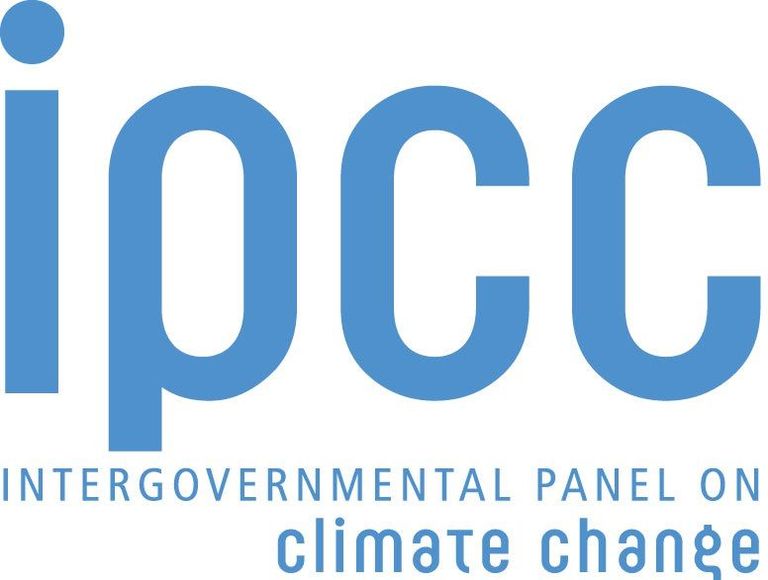About IPCC Switzerland
The aim of this platform is to provide Swiss researchers, interested stakeholders from Switzerland and the Swiss population with specific information on IPCC that is relevant to them.
What will you find on the platform IPCC Switzerland?
- Additional reports specifically for Switzerland
- Translations into German and French
- IPCC events in Switzerland
- Calls for Swiss researchers
- Information for participation in IPCC Assessment or Special Reports
Intergovernmental Panel on Climate Change
The IPCC is the Intergovernmental Panel on Climate Change. The IPCC was founded in November 1988 by the United Nations Environment Programme (UNEP) and the World Meteorological Organization (WMO). The IPCC's role is to outline the state of academic research on climate change and its potential consequences for the environment, society and the economy. Thousands of scientists from around the world contribute to IPCC's work on a voluntary basis. The IPCC Secretariat is based in Geneva, Switzerland.
The Working Groups

The IPCC Working Group I (WG I) develops the scientific basis of the climate system and climate change. The main topics of the working group are: Changes in greenhouse gases and aerosols in the atmosphere, temperature changes in the air, soil and oceans, rainfall, glaciers and ice sheets, ocean and sea levels, biochemistry, carbon cycles, satellite data, climate models, climate protection, causes of climate change.

The IPCC Working Group II (WG II) assesses the vulnerability of the socio-economic and natural systems to climate change. Consequences of climate change and adaptation options are discussed. The sectors water resources, ecosystems, food, forests, coasts, industry, health and the various regions Africa, Asia, Australia and New Zealand, Europe, Latin America, North America, polar regions, small island groups are considered separately.

The IPCC Working Group III (WG III) is investigating the mitigation of climate change by reducing greenhouse gas emissions and removing greenhouse gases from the atmosphere. The sectors studied are: Energy, transport, infrastructure, industry, agriculture, forestry and waste management. The costs and benefits of the various approaches are analysed using existing instruments and policy measures.
Contacts
Dr. Urs Neu
SCNAT
ProClim − Forum for Climate and Global Change (ProClim)
House of Academies
PO Box
3001 Bern
SwitzerlandIntergovernmental Panel on Climate Change (IPCC)
7bis Avenue de la Paix
1211 Geneva 2
Switzerland

